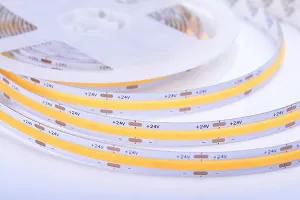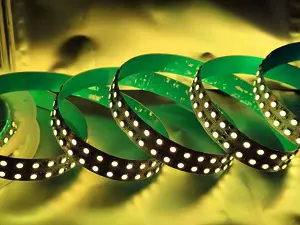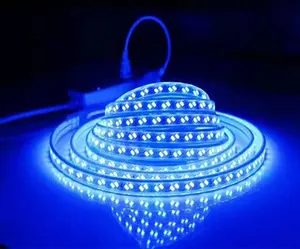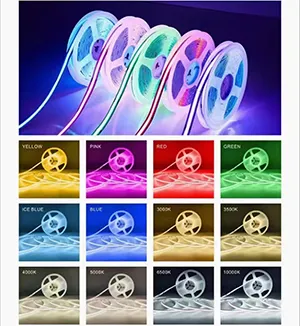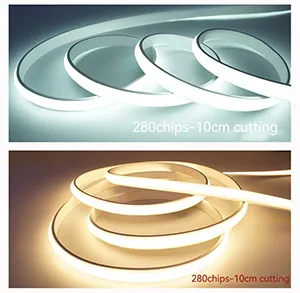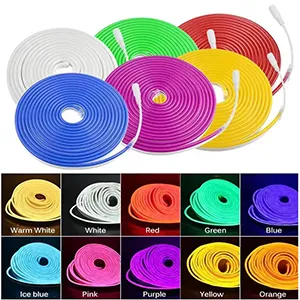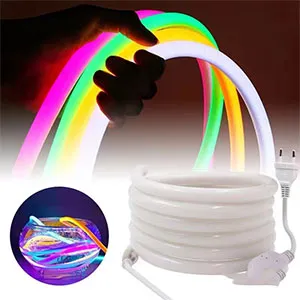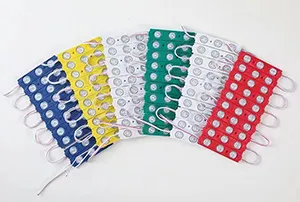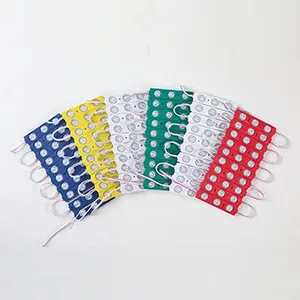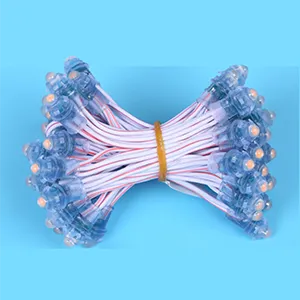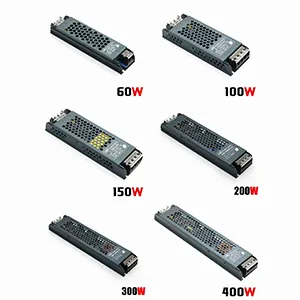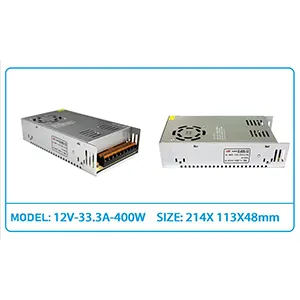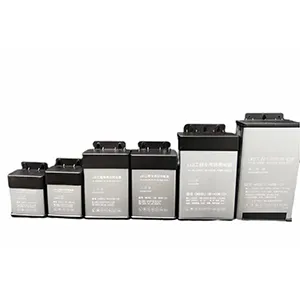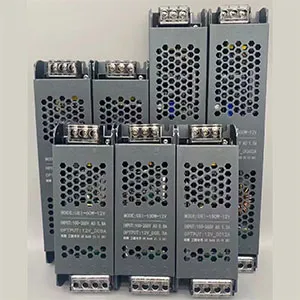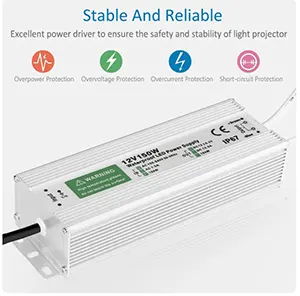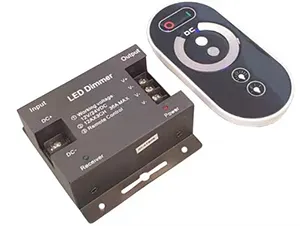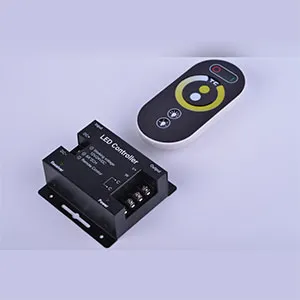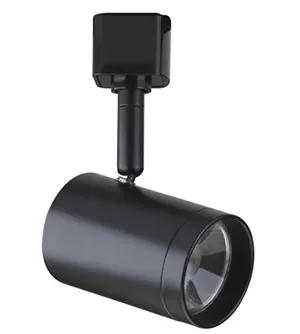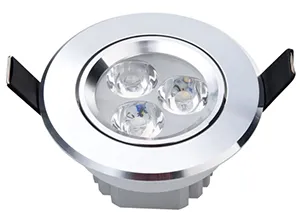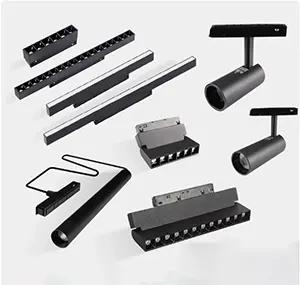HOW TO CHOOSE QUALITY LED STRIP LIGHTS FOR WHOLESALE?
Understanding LED Strip Light Specifications
When selecting LED strip lights for wholesale, comprehending their specifications is crucial. Key metrics include luminous efficacy, color temperature, and CRI (Color Rendering Index). Luminous efficacy, measured in lumens per watt, indicates how efficiently a strip light converts electrical power into visible light. A higher value, typically between 80 and 120 lumens per watt, signifies better efficiency. Color temperature, denoted in Kelvin, affects the color of the light emitted, with values ranging from warm (3000K) to cool (6000K). A higher CRI, ideally above 80, means the light more accurately renders colors in comparison to natural light.
Checking LED Density and Wattage
LED density refers to the number of LEDs per meter and is a critical factor in determining the brightness and uniformity of the strip light. Higher densities lead to brighter and more consistent lighting, which is essential for applications where subtle lighting is crucial. Typical densities range from 30 LEDs per meter to 240 LEDs per meter. Wattage, while related to brightness, also gives insight into the energy consumption of the strip. Selecting the right balance between brightness (measured in lumens) and energy efficiency (wattage) is essential for cost-effective operation.

Assessing Build Quality
The physical construction of LED strip lights affects both their durability and performance. Key components to examine include the PCB (Printed Circuit Board) quality and the type of adhesive used. A thicker PCB (typically 2 to 4 ounces per square foot) ensures better heat dissipation and overall longevity. The adhesive backing should be strong enough to ensure secure installation without peeling over time, with 3M adhesives being a popular high-quality choice.
Evaluating IP Ratings
For LED strip lights used in outdoor or humid environments, the IP (Ingress Protection) rating is vital. This rating indicates the level of protection against solids and liquids. An IP65 rating or higher is generally suitable for outdoor use, protecting against dust ingress and low-pressure water jets. For entirely submerged applications, such as pools or fountains, look for IP68.
Consider Warranty and Supplier Reliability
A reliable wholesaler should provide a warranty that covers any defects or failures under normal operating conditions. Warranties can range from one to five years, reflecting the manufacturer's confidence in their product's durability. Additionally, a reputable wholesaler will offer comprehensive support and transparent communication, ensuring that you can confidently sell their products.
Selecting the Right Supplier
To ensure you are choosing high-quality products for your LED Strip Light Wholesale business, partner with suppliers who have a strong track record in the industry. They should offer extensive documentation and certification (such as UL, CE, RoHS) that verifies compliance with industry standards. Regularly visiting the supplier’s manufacturing facilities and checking customer testimonials can also provide further assurance of quality.
By focusing on these critical aspects, you can select high-quality LED strip lights that meet both your and your customers’ expectations, setting your business up for success in the competitive lighting market.





